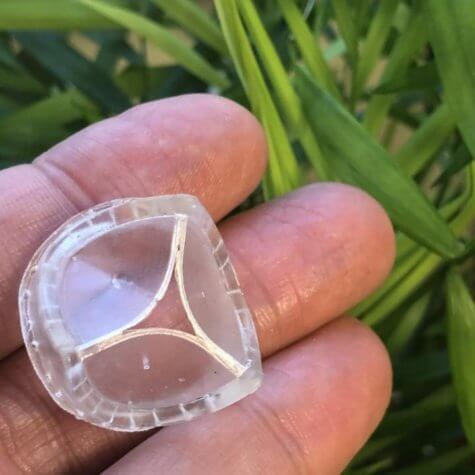
(© natali_mis - stock.adobe.com)
BRISTOL, England - Prosthetic heart valves are critical life-saving devices for millions of people with heart disease. However, currently available devices are not perfect. Mechanical valves require patients to take blood thinners to prevent life-threatening blood clots. Bioprosthetic valves (such as those made from pig or cow tissue) have limited durability. To resolve these issues, scientists at Bristol and Cambridge Universities have developed a new polymer valve that is both durable and biocompatible (meaning that patients don’t need to take blood thinners).
The new valve, known as PoliValve, is made from a special co-polymer and designed to be as flexible, biocompatible, and durable as a natural heart valve. Further, the molding process to create the device is simple, meaning that it is easier and less expensive to manufacture than its predecessors.
Future of heart valves?

Professor Raimondo Ascione, University of Bristol.)
While the new technology still must undergo human testing, initial animal studies are promising. In order for human trials to begin, artificial heart valves must meet a number of standards set by the International Organization for Standardization (ISO). According to ISO standards, artificial heart valves must be able to open and close 200 million times (the equivalent of five years of use). They must also pass hydrodynamic tests to measure various parameters related to fluid flow and pressure. The PoliValve easily passed these initial tests.
Surgical implantation of the valve in sheep proves that the PoliValve is easy to stitch in. It also has good biocompatibility and no mechanical failures.
“These impressive results show the PoliValve is a promising alternative for valve replacement surgery. While further testing is needed, we think it could make a major difference to the hundreds of thousands of patients who get valve replacement surgery every year,” co-creator Geoff Moggridge said in a statement.
The study is published in the journal Biomaterials Science.
[fb_follow /]










